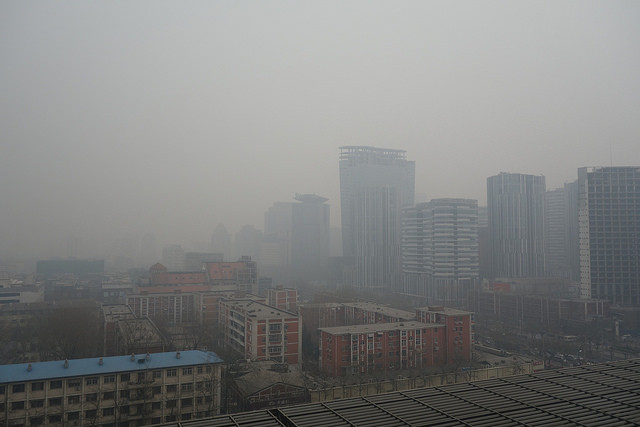China's Premier Li Keqiang declared "war on pollution" in 2014 followed by huge steps in developing environmental policies that were proactively enforced since 2017. Environmental regulations enforced factory closures as part of its strategy causing wide disruption to global market supply this 2018.
In the past few years, there have been closures of companies violating the regulations and according to reports it is considered as the largest crackdowns in Chinese history. According to estimates, about 40 percent of the country's factories were forced to stop their production in 2017. In the province of Hebei, Henan, and Shandong, 70,000 factories were demanded to shut down.
Multinational companies are frustrated and concerned because of the factory closures within the country. Many companies get their supply from China and the closures of the companies will significantly affect their business operations. Crucial elements of the companies supply chain are directly affected by the closures making it a difficult problem to address.
China's environmental agencies are not slowing down in enforcing their policies. Some business operators claim that they are receiving little or no warning to shut down their businesses. According to reports, entire industrial parks have been closed because of one operator's bad attitude. They also claim that the agencies are often unwilling or unable to give a clear time frame of the duration of the closure. They are arguing that the immediate implementations of the closures leave them with little or no time to think of a contingency plan and they assert that the decisions taken by the environmental agencies pose as challenges for deal teams.
According to economists, businesses operating on China and those that are reliant in its supply chains must endure the risk of the unpredictability of regulatory shutdowns by reducing and mitigating the effect through proactive measures.
Firms need to be familiar with the environmental body's policy directives. According to economists, the forms' compliance with the current regulations is not enough. They need to anticipate the regulator's next area of focus. Economists advise the companies to identify and approach local counsel that is familiar with the regulating body's policies and practices. According to the good relationships with the regulating bodies and local familiarization is critical in preparing for, and responding to, enforcement actions.
Economists also recommend that private equities need to look beyond the company by looking for third-party suppliers and partners and evaluate if they are likely to be at risk of the environmental policies.





